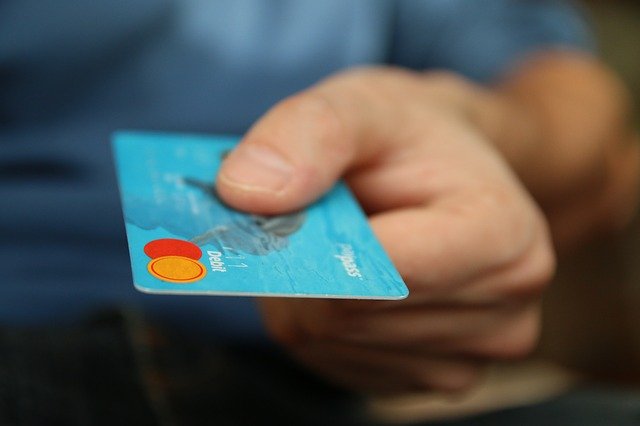What You Should Know Before Getting Your First Debit Card
At some point, you’ll likely sign up to get a debit card. Debit cards function similarly to credit cards on the surface, but their financial niche is much different. Before you sign up to receive a debit card, you should improve your understanding of how debit cards work, what their main advantages are, and how you should be using them in daily life.
Debit Cards vs. Credit Cards
Let’s start with an explanation of what a debit card is, and how it’s different than a credit card. A credit card allows you to make purchases using borrowed money, essentially; after you complete the transaction, you’ll owe money to the credit card company, and you’ll be required to pay it off in set intervals, paying a high-interest rate along the way.
Debit cards, by contrast, allow you to complete transactions using the money you already have in your checking account. If you have $100 in your account and you purchase something worth $20, your account will be charged, and you’ll end up with $80 in your account—no checks or cash necessary. You can also use a debit card to withdraw cash from your account, using an ATM or at certain retail locations.
The Advantages of Debit Cards
There are several advantages of debit cards over other forms of payment:
No personal debt. Credit card debt can be extremely problematic, especially when you face compounding interest over time. If you overspend with your credit card and you only make minimum payments, the interest you owe to the credit card company can quickly overtake the initial cost of the item. But with a debit card, this isn’t really a problem; you never have to take on debt in the first place.
No interest. Additionally, you won’t have to pay interest with a debit card. When you make a purchase, the transaction is finalized. Compare that to credit cards, where you’ll typically end up paying more than the original cost of the item due to high-interest rates.
Open availability. Credit cards often have strict rules and application requirements to ensure that only trustworthy people can open accounts. But with a debit card, there are typically fewer (if any) requirements. Instead of filling out an application and hoping that your credit score is good enough to justify a new account, you can usually just talk to your bank and obtain a debit card immediately.
Minimal fees. Fees associated with checking accounts and debit cards vary by bank, but for the most part, there are few (if any) fees associated with your purchases or your ongoing account management. You may be asked to maintain a minimum account balance, but that’s usually all.
Consumer protections. Making purchases with a debit card also affords you some degree of consumer protection. If you pay cash for a product, that cash is gone forever unless a merchant decides to give it back to you. But with a debit card, you may be able to open a dispute with your debit card company to get your money refunded.
Check and cash elimination. Using a debit card means you won’t have to carry around a checkbook to tap into your checking account. You can also forgo the use of cash.
Tips for Getting Your First Debit Card
If you’re interested in getting a debit card, make sure you follow these important tips:
Understand the rules and conditions. Whenever you sign up for a new debit card, make sure you understand all the rules and conditions. Are there any fees associated with this card? How much will you pay to withdraw cash? How can you use this card?
Shop around. It may be beneficial to shop around to different banks and debit card providers. You may be able to find a card with more favorable rates, or with benefits that reward you for using the card.
Choose a strong PIN. When it’s time to choose a PIN, make sure you choose a strong one. Simple combinations like “0000” or “1234” can be easily guessed.
Be mindful of your account balance. Using a debit card is convenient, so it’s easy to lose track of your account value. Keep an eye on your balance at all times so you don’t overdraw.
Mix in credit card use as well. Debit cards have advantages over credit cards, but credit cards are still great for building credit; mix in some credit card use as well.
Once you improve your understanding of debit cards, you’ll be able to use them to make purchases more convenient, and keep yourself safer at the same time. It’s not the perfect payment option in every scenario, but it’s always useful to have a debit card in your wallet, just in case.
Feature Image by Michal Jarmoluk from Pixabay
I’m a single mother of 2 living in Utah writing about startups, business, marketing, entrepreneurship, and health. I also write for Inc, Score, Manta, and Newsblaze

